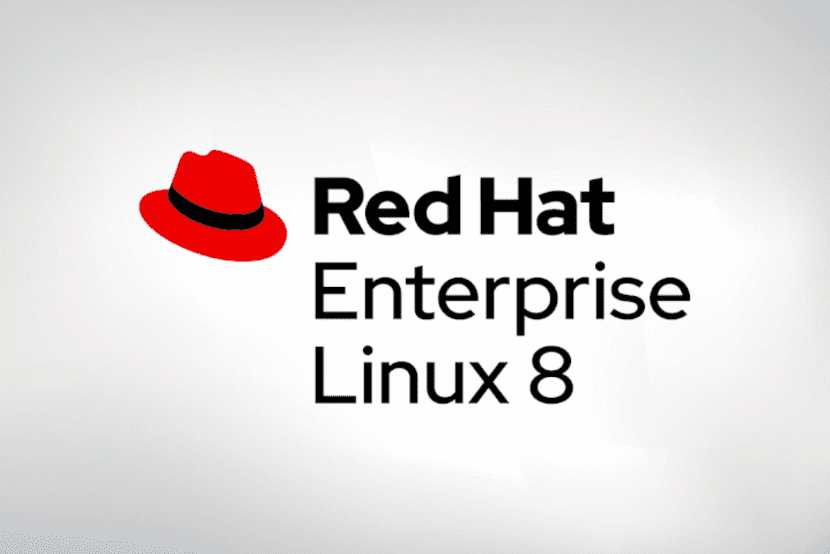
RHEL8 is the new version of the Red Hat GNU / Linux distro for business environments. It is a special version for many reasons, one of them due to the situation of the company after the purchase by IBM. And also because it has been a version with a lot of work behind it and big changes. Many of these changes are designed to adapt to changing times, to help companies with the technological boost they need.
From RHEL8 several things can be highlighted, one of them is the inclusion of UBI (Universal Base Image), a new system that allows containers based on RHEL (Red Hat Enterprise Linux) to be run on any platform that complies with the standard LEISURE. Thus, developers and system administrators will have a framework to facilitate the distribution and execution of containers across different environments.
Podman and Kubernetes continue to play an important role in RHEL8. But there are other flashy things, like AppStream, another great news for developers. Red Hat has made available to them a repository that is responsible for supplying development tools, such as programming languages, frameworks, and other tools. They can be updated without affecting the core parts of the operating system.
More new and good things you will find in RHEL8 are the Ansible DevOps. Preconfigured Ansible modules to enable automated workflows for tasks that are often common and complex for system administrators. Apart from these facilities, I would also like to highlight other things such as Web Console to offer an intuitive and consistent interface for the management and monitoring of the system.
All this and much more is what you will find in the new RHEL8! And… soon I will have more and better news related to RHEL8. So stay tuned for DesdeLinux.net and LinuxAdictos.com.